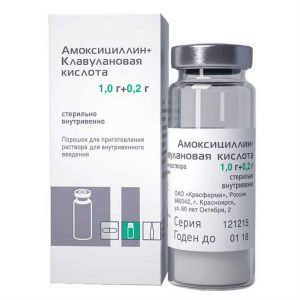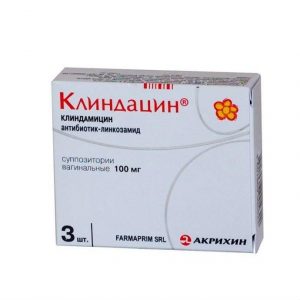Description
Pharmacological action
Antibiotic polypeptide structure. The mechanism of action is mainly due to the blockade of the permeability of the cytoplasmic membrane of bacterial cells, which leads to their destruction.
Active against most gram-negative bacteria: Escherichia coli, Enterobacter spp., Klebsiella spp., Haemophilus influenzae, Bordetella pertussis, Salmonella spp., Shigella spp. especially active against Pseudomonas aeruginosa.
Vibrio cholerae (with the exception of Vibrio cholerae eltor), Coccidioides immitis is also sensitive to polymyxin B, but mainly fungi show resistance to this antibiotic.
Typically resistant are Serratia marcescens, Providencia spp., Bacteroides fragilis. Not active against Proteus spp., Neisseria spp., Obligate anaerobic and gram-positive bacteria.
Has cross-resistance with colistin.
Indications
Infectious and inflammatory diseases caused by pathogens susceptible to polymyxin B, including infections of the skin, ears, eyes, gastrointestinal tract infections.
Contraindications
Perforation of the eardrum (for local use), extensive use of the skin ( hypersensitivity to polymyxin B.
Special instructions
Use polymyxin B with caution in cases of impaired renal function, as well as diseases accompanied by impaired neuromuscular transmission (including myasthenia gravis). In such cases, correction of the dosage regimen and monitoring of renal function are necessary.
With parenteral administration, control of the concentration of polymyxin B in the blood plasma is necessary.
Can be used as part of combined preparations with neomycin, bacitracin, nystatin, trimethoprim, as well as with dexamethasone.
Composition
1 vial contains: polymyxin B sulfate in terms of the sum of polymyxins B1, B2, B3, B1-I – 50 mg.
Side effects
From the nervous system: paresthesia, visual impairment, dizziness, ataxia, impaired consciousness, drowsiness in predisposed patients – the development of neuromuscular blockade, respiratory paralysis and apnea.
From the urinary system: impaired renal excretory function, hematuria, proteinuria, tubular necrosis (with iv administration).
Allergic reactions: skin rash, itching.
Local reactions: irritation and pain at the injection site (with i / m administration), symptoms of irritation of the meninges (with intrathecal administration).
active substance
Polymyxin B
Terms of delivery from pharmacies
Prescription
dosage
form injection solution




